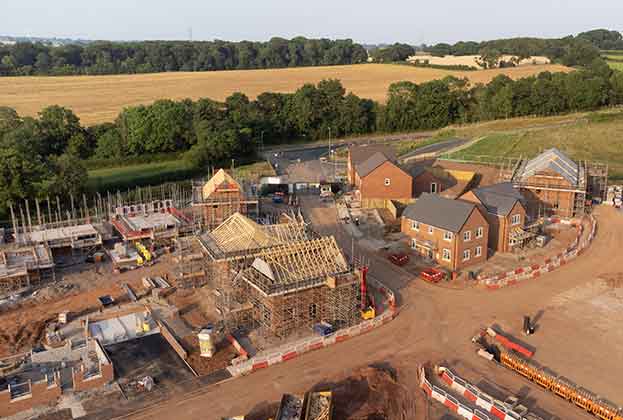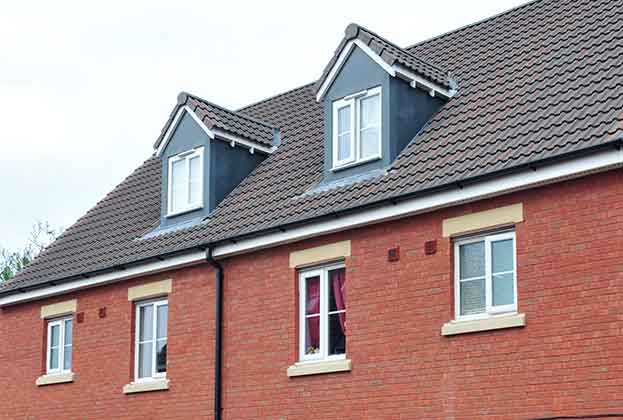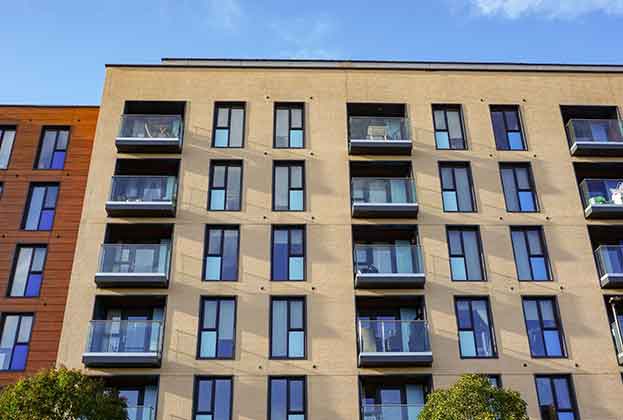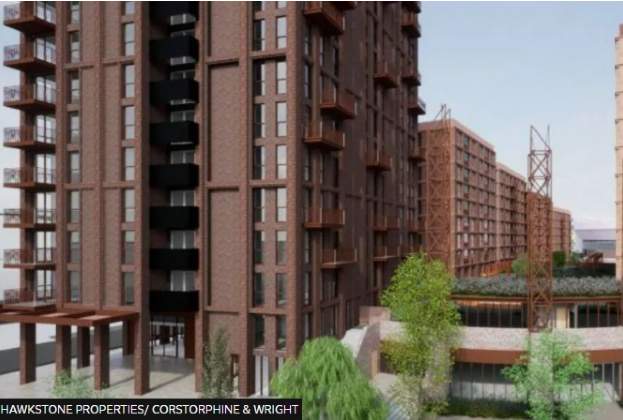In August 2018, 120,000 visitors to Scotland’s capital booked guest accommodation through short-term let platform Airbnb to enjoy the Edinburgh Festival. To provide some context, that’s equivalent to filling 17,250 hotel bedrooms every night throughout the month.
In a relatively short period of time, Airbnb and other copy-cat peer-to-peer platforms have disrupted the holiday accommodation market, becoming major players in the sector. The speed of this growth has prompted concerns about their impact on the overall supply and affordability of housing in Edinburgh and whether the spread of this type of accommodation is eroding the sense of community, even causing a rise in complaints of anti-social behaviour in some neighbourhoods.
It has also raised questions over whether a perceived lack of regulatory controls could be helping landlords to actively avoid business rate taxes, insurance contracts and rental agreements.
In light of these concerns, Edinburgh Council’s Corporate Policy and Strategy Committee published a report on the issue in August 2018. It concludes that the scale and scope of the short-term let industry in the city is unknown, as there is currently no requirement for properties to be registered with the Council. It calls for additional regulation of the sector, examines the current condition of the city’s short-term letting market and discusses the impact of changing planning classifications and introducing a licensing system. It also gives examples of what measures other European cities have taken to control their short-term lettings markets.
The report stresses that Edinburgh City Council is not concerned with those who rent out a room in their own property while also occupying it, or who let out their homes when they're away on holiday. But it is alarmed by the appetite there seems to be among property investors to turn flats and houses into commercial holiday let businesses, with minimal regulation, using platforms like Airbnb, thus removing essential homes from the housing stock and bringing negative impacts upon existing residents.
One of the Council’s proposals is to create virtual teams where cross-departmental staff can be involved in implementing a response to tackle bad practice. At a higher level, the report suggests a licensing system should be considered by the Scottish Government: such a system could potentially enable all local authorities in Scotland to enforce regulations through a Statutory Instrument.
With other council planning departments looking on with interest, the City of Edinburgh Council hopes that its report may act as an important first step towards delivering a legislative process for the long-term benefit of residents and visitors alike.
Further information
Read more: Edinburgh City Council's report and recommendations
.jpg)



.jpg)
.jpg)
.jpg)
.jpg)
.jpg)

